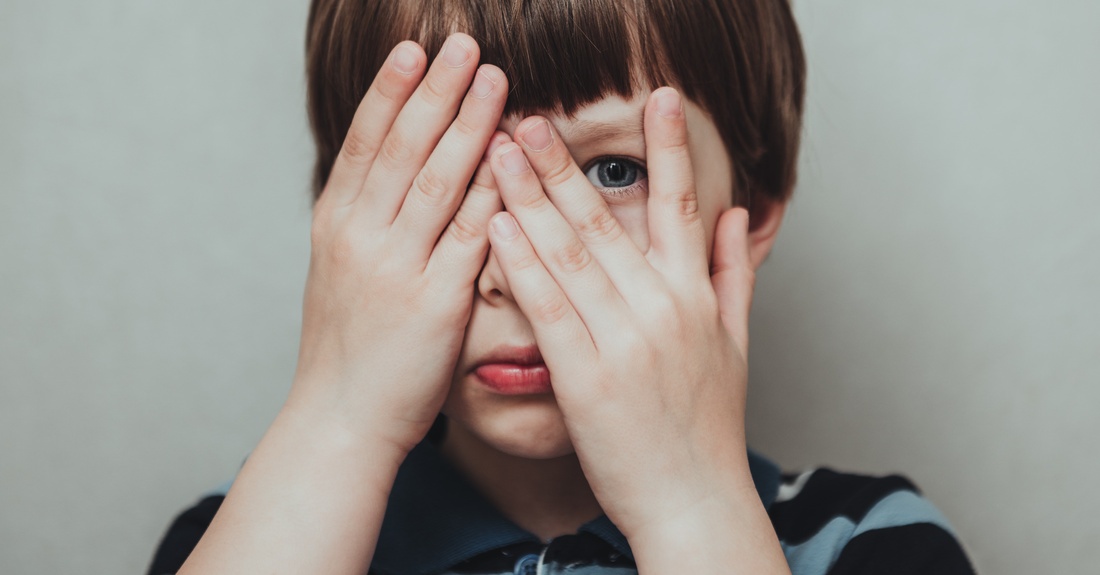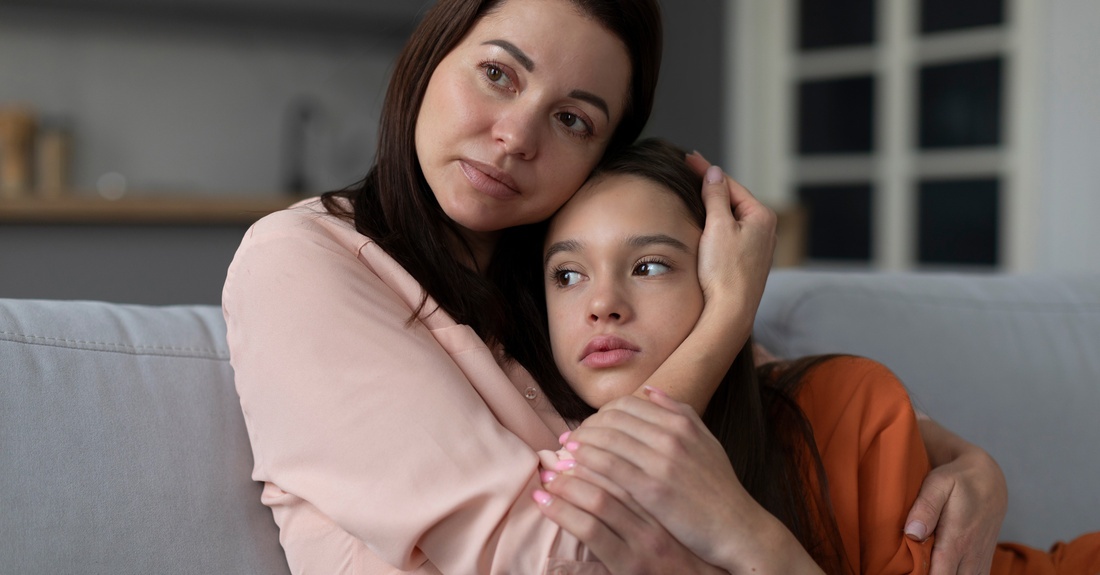
If left untreated, any illness can pose a serious risk to a child. A mental illness is no different.
While the exact cause of mental illness in children is unknown, experts believe it is likely a combination of environmental and genetic factors. Some children who experience mental disorders also have parents with mental disorders or substance use issues.
The National Alliance on Mental Illness (NAMI) reports early detection and intervention for childhood mental illness are critical because mental health conditions often worsen without treatment.
What is mental health?
Our emotional, psychological and social well-being define our mental health. According to the Centers for Disease Control and Prevention (CDC), mental health affects how we feel and think and helps determine how we relate to others, handle stress and make healthy choices.
Children have a critical need for good mental health as they reach developmental and emotional milestones, gain social skills, and learn how to deal with life’s problems. The CDC describes mental disorders among children as changes in the way they behave, learn, or handle emotional trauma or strong emotions.
Why is children’s mental health important?
A child’s mental health is just as important as their physical health. It includes their mental, emotional and behavioral well-being.
According to the CDC:
- 1 in 6 children ages 2–8 have a diagnosed mental, developmental or behavioral disorder.
- ADHD, anxiety, behavior problems and depression are the most commonly diagnosed disorders among children. Some of these conditions can occur together, with depression being the most common co-occurring disorder.
- Depression and anxiety diagnoses have increased over time, with depression rising from 4.7% in 2003 to 4.9% in 2012. Anxiety diagnoses increased from 5.5% in 2007 to 6.4% in 2012.
- Diagnoses of childhood developmental disorders increase as children age. Behavioral problems for children ages 6–11 are more common than for younger children.
- Nearly 80% of children diagnosed with depression receive treatment. Nearly 60% of children diagnosed with anxiety and more than 50% of children diagnosed with behavior disorders receive treatment.
Early diagnosis and treatment are critical for a child in need of help. Mental disorders can be successfully treated and managed, and many treatment options are available.
Why is it important to talk to children about mental health?
Talking to children about mental health is an opportunity for parents to provide their children with proper information, support and guidance. Teaching children about mental health can also lead to improved recognition, earlier treatment, greater understanding and compassion, and decreased stigma.
When discussing mental health with children, it’s important to communicate in a straightforward manner that is appropriate for the child’s age and development level and have the discussion when and where the child feels safe and comfortable. Additionally, monitor the child’s reactions to the discussion and respond appropriately.
When talking to a child about mental health, the American Academy of Child & Adolescent Psychiatry (AACAP) recommends comparing mental health to physical health. While many people experience minor physical illnesses, like a cold or flu, fewer come down with serious physical illnesses, like cancer or heart disease. Similarly, feelings of sadness, anxiety or irritability are common for most people. When those feelings are strong, last for long periods of time or interfere with life, it may indicate signs of a mental illness that requires treatment.

How to support a child with mental health issues?
If you suspect your child has symptoms of a mental illness, NAMI suggests taking the following steps:
Take action: Schedule an appointment with a licensed psychiatrist or psychologist or with your child’s pediatrician or primary physician if you believe your child is exhibiting symptoms. Providing your health professional with as much detail as possible on your child’s moods, behaviors and emotions can help in the diagnosis. Also, detail any other medications the child is receiving.
Be persistent: If a licensed provider does not offer a diagnosis or referral to another professional, you should question it and consider their reasoning. If you disagree, trust your instincts and get a second opinion. It is better to be cautious than to ignore a potentially serious problem.
Lean all you can: In addition to seeking help for the child, seek to educate yourself as much as possible about the child’s mental health condition. NAMI offers more information on a number of common brain health conditions.
Communicate with your child’s school: A child dealing with mental health conditions may struggle in school without assistance. Know that schools are required by law to provide special services and accommodations to children with mental health conditions that interfere with their education. Learn as much as you can about how to acquire necessary educational services.
Monitor your own mental health: Raising a child with a mental illness can contribute to mental health challenges for a parent. Don’t hesitate to seek treatment if you begin to feel that you are struggling with sadness or anxiety. Be sure that you are healthy enough to be able to care for your child and serve as a model of mental well-being for your child to follow.
Take care of your family: Other children in the family may resent extra attention being placed on their sibling’s mental health challenges. Make all children understand what their sibling may be going through and be sure to take time for each of them.
If you have concerns about a child’s behavior, there are resources available to you. Heart of Iowa Community Services (HICS) provides coordination and financial support for mental health and disability services to residents in Adair, Adams, Audubon, Clarke, Dallas, Decatur, Guthrie, Lucas, Marion, Ringgold, Taylor, Union and Wayne counties in Iowa.
Learn more about the resources and service coordination available for children through HICS here.
